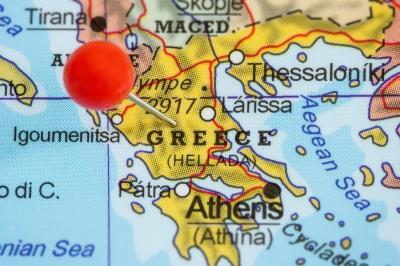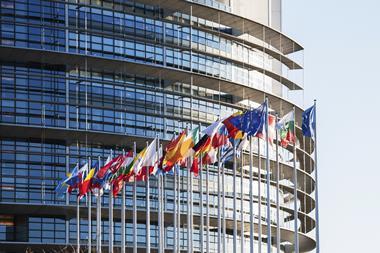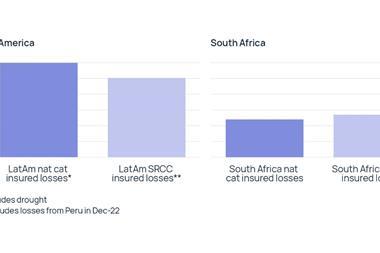A possible exit is making life difficult for exporters, importers, transporters and insurers. European risk professionals share their concern

Given the rapid flushing of Greek news from the front pages a casual observer could perhaps be forgiven for thinking that the crisis was over – but far from it.
“As long as negotiations about a third bailout under the European Stability Mechanism continue, and a new deal has not been adopted by all European parliaments that have to agree to it, we cannot entirely dismiss the risk that Greece may exit the Euro in an uncontrolled way,” says Dr Florian Otto head of Europe at risk advisory company Verisk Maplecroft.
The beleaguered country’s stockmarket is in turmoil and its businesses are struggling to get traction in a swamp of problems, primarily the ongoing drag of a moribund economy and capital controls.
“It’s all about cash flow at the moment, even with the banks reopened and the cash limits relaxed, there are still capital controls in place and these sit right on top of normal business actions like transferring cash or repatriating profits,” says David Lea, senior Europe Analyst at Control Risks.
The import of goods and raw materials has been hit by the cap on international payments – the limit was raised from €50,000 to €100,000 on 24 July – and these are widely expected to stay in place until at least the end of 2015. “And everyone wants paying in advance because who knows if the banks are going to be around?” says Lea.
“The deviation from the normal way of doing things is making life difficult for exporters, importers, transporters, insurers, everyone.”
There are some positives: tourism is doing well, and good weather looks like providing the Greeks with a bumper crop of key exports, like tobacco, sunflowers and vegetables. The hot weather has also helped keep the streets quiet and the security environment is good. Few foreign companies who are still in Greece are getting out at the moment.
“They’re pot-committed, to use a poker analogy; they’ve got too much at stake to walk away,” says David Lea. “It’s a manageable situation, just.”
Florian Otto says: “The general political risks are difficult to manage, and the best that companies can do for now is monitor the situation closely.
“In terms of ensuring business continuity as long as capital controls remain effective, companies that haven’t done so already should explore whether they can root payments for imports through their branches or affiliates outside Greece to avoid disruptions to supply.”
In this kind of environment, it’s vital to remember the first principles of risk management.
“Accept that every business is different and that your problems may not manifest in the same way as your closest competitor or the guys in the next unit,” says Lea.
“Some of the factors nudging things towards tranquility will no longer be the case pretty soon. [Greece will] look a different place with snap elections coming, the students back and angry and the summer’s heat gone.
“This is a long term situation, and the spectre of Grexit and other demons probably haven’t surfaced for the last time.”




















No comments yet